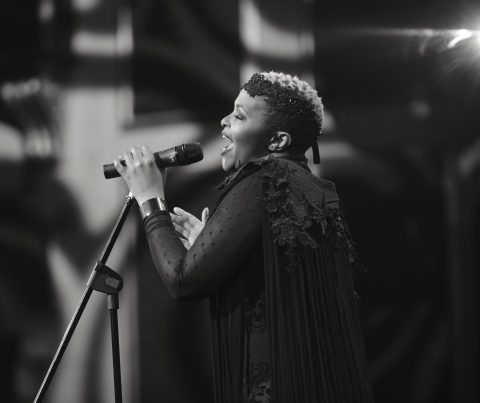Sunday Times Healthy Times
Don’t Get Seasonal Blues
Different seasons in our lives, holidays included, can be stressful. Caryn Gootkin talks to Cassey Chambers of SADAG to find out more about how it affects our mental health.
We have over 22 helplines, many of which are open all day and night, 365 days a year,” says Cassey Chambers, spokesperson for the South African Depression and Anxiety Group (SADAG). “We receive more than 600 calls per day. Depending on the nature of the call, we provide free telephonic counselling, referrals to nationwide resources, information, brochures and crisis management. We also run the only suicide crisis line in the country, which received over 46 500 suicide calls between January and September this year.”
The quantity of calls that SADAG deals with highlights the vast number of people suffering from mental illness, often referred to as the silent killer. South Africa has higher than global average rates of suicide – around 6 500 people per year. While it may seem intuitive that the December/January festive season brings added pressures to those already vulnerable, however, the problem is year-round. “We don’t see any particular peak season for calls,” says Chambers. “However, the nature of the calls changes each season. Over the festive season, we get more calls related to loneliness, depression, grief and trauma. This is because the festive season is filled with reminders of family, significant others, spending time with friends, celebrating and hanging out with the nearest and dearest. For those who are grieving the loss or absence of a loved one, through death, divorce or distance, the holidays are especially difficult as there are constant reminders that the person is not there.”
A worrying trend
SADAG is fielding more and more calls as time goes on. “The need for help, and the demand for our services, increases each month,” says Chambers. “This upward trend mirrors statistics from all over the world, with the current estimate being that every 40 seconds someone in the world dies from suicide.” The best thing that someone who is depressed or suicidal can do is to reach out for help. “The hardest step is admitting that you have a problem and that you need help,” says Chambers. “When you start to feel depressed or anxious, and these feelings have a negative impact on your daily functioning, we advise you to see a mental health professional as soon as possible. Whether it is your GP, community clinic, social worker, psychologist or psychiatrist – the most important part is that you reach out for help and seek support. And remember, no matter what time of day or night, you can always call one of SADAG’s helplines as a first step. You are never alone and #ItsOkayNotToBeOk.”
Helpline numbers to call all day and night every day of the year
Suicide Crisis Helpline:
Call 0800 567 567
SMS 31393
Cipla 24hr Mental Health Helpline:
Call 0800 456 789
For more information on SADAG and its services, as well as a wealth of mental health resources, visit: www.sadag.org.
Practical tips on how to survive the blues
- Ask in advance for specific help from your support team.
- Don’t stay longer than you want at gatherings.
- Stick to a budget.
- Keep your normal routine wherever possible.
- Don’t rely on substances, especially if you are taking medication.
- Don’t miss doses of prescribed medication.





